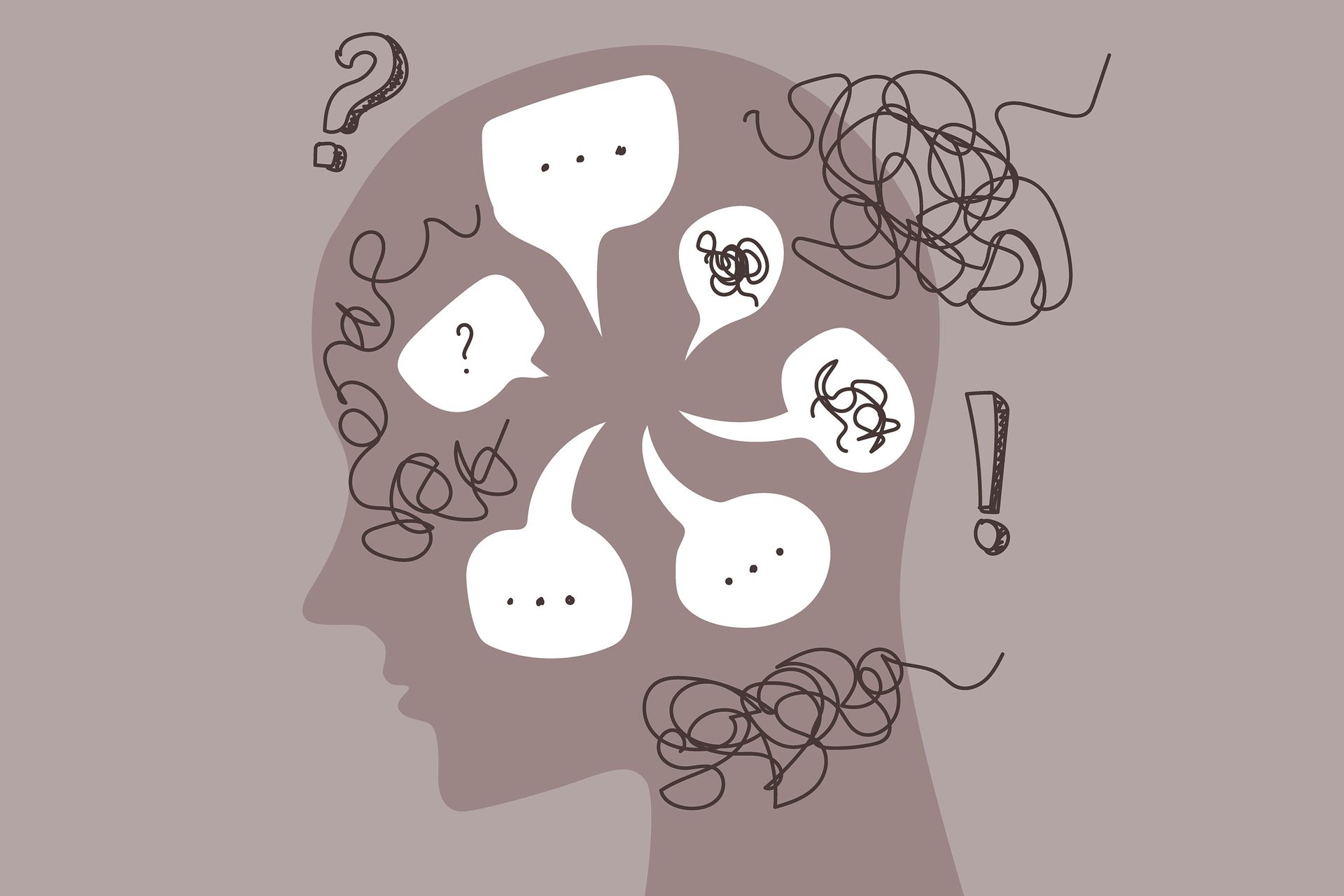How Can I Talk to Someone About My Anxiety?

Sometimes you can work through anxiety, but often it’s tough to deal with on your own. Especially if you have—or think you may have—an anxiety disorder.Anxiety can take over your life. It can trick you into avoiding your friends and the activities you love. It can isolate you so you’re afraid to meet new people or join new clubs or activities. It can make you moody or withdrawn. Or angry. Or so anxious you get sad.
It’s important to know that anxiety is treatable, even though it may feel overwhelming. You will feel better with the right support, so reach out to someone you trust even if it feels scary. You deserve good support, and you deserve to feel better.
Here are some tips for who to reach out to and what to say.
Your Friends and Classmates
There’s a good chance you aren’t the only one in your circle who experiences anxiety. Nearly one in three teenagers ages 13 to 17 has an anxiety disorder, and about 15 percent of 18- to 25-year-olds do as well. Sharing what you’re going through with friends means you no longer have to manage it alone, they can be a support for you, and you can be a support for them if they are going through something similar.
What you can say: “These are the things that are helpful to me when I’m feeling anxious.”
Remember, though, that even your best friend may not provide the right help or insight. They may be at loss for what to say or do. In that case, it’s time to talk to a trusted adult.
A Trusted Adult
Ideally, you have a school or campus counselor available to you. If you don’t—or you don’t know them—you can reach out to a teacher, professor, or coach. Think about who in your classes or activities has been supportive, and start with them.
What you can say: “I’m struggling with a lot right now. I feel like I have too much on my plate, and I really need help handling it.” Or you can name your anxieties: “I have anxieties about failing and being with people. I feel like everything is overwhelming, or I get panicky sometimes.”
If you’re speaking to a professor, teacher, or coach, ask that person to introduce you to the school or campus counselor.
If you and your person don’t know where to start, learn ways to get help.













